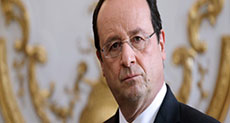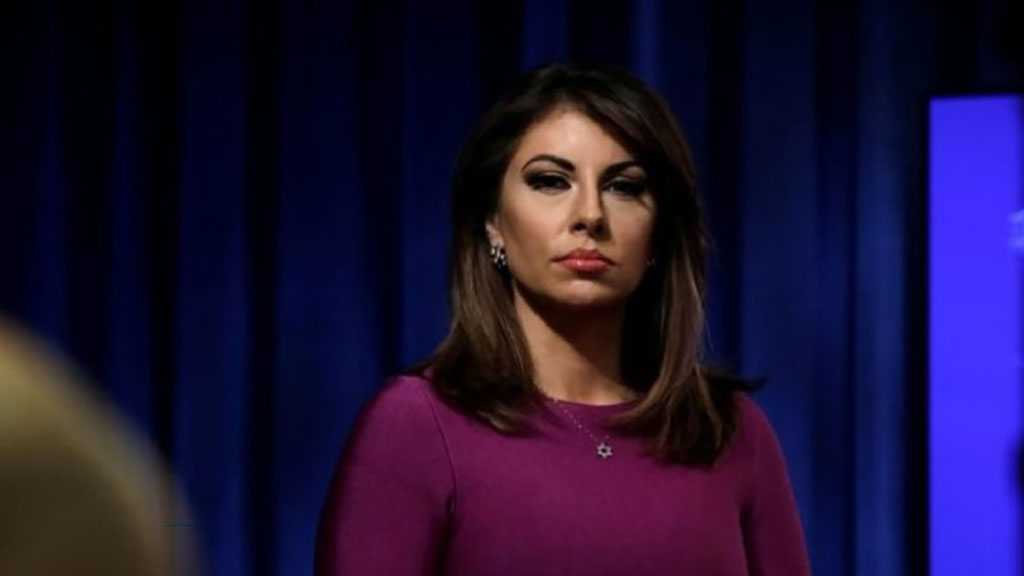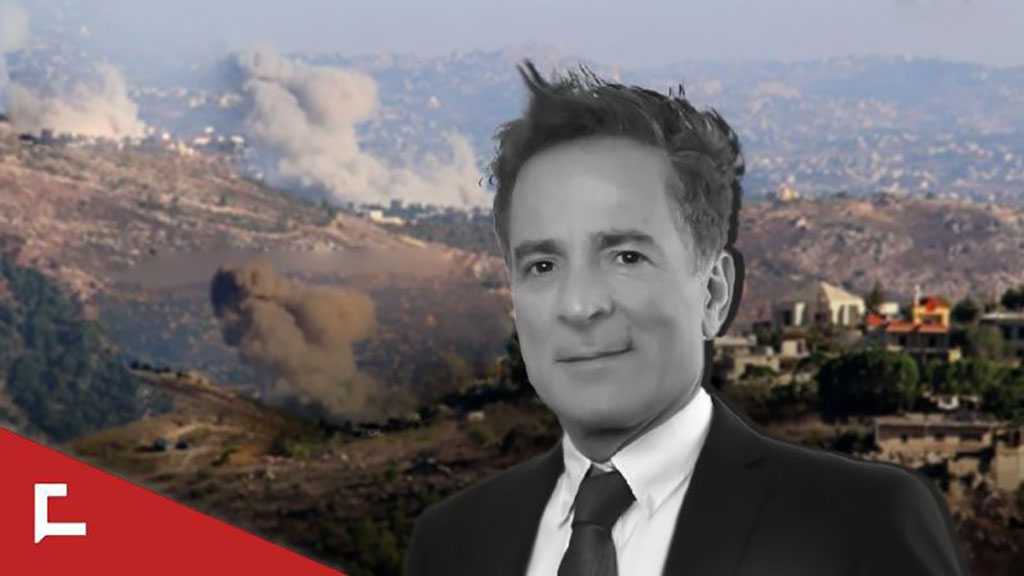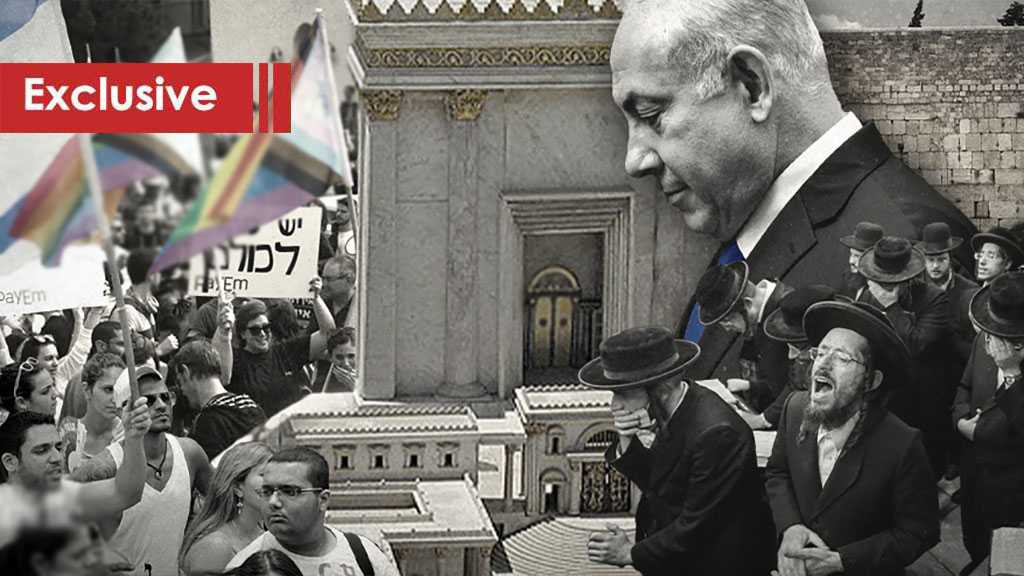Hollande and the Sudden Change in Rhetoric on Syria, Iran

Nidal Hamedeh
Finally, the French President François Hollande said his word at an annual press dinner that was hosted by the presidential press association at the Élysées on Monday. During his speech, Hollande focused on Iran, that reached a deal with the West on its nuclear program two weeks ago.
 Hollande was more transparent than the Americans and the British when he underscored the direct link between the nuclear deal and the ability to resolve lingering issues and crises storming the Middle East region.
Hollande was more transparent than the Americans and the British when he underscored the direct link between the nuclear deal and the ability to resolve lingering issues and crises storming the Middle East region.
"Iran can effectively help resolve the crises in Lebanon, Syria, Iraq, and Yemen and we have to cooperate with it," he noted.
In response to statements of some Iranian MPs who slammed the rigidity of French Foreign Minister Laurent Fabius during the Vienna nuclear talks, the French President said that "the way Fabius will be received in Tehran during his visit will demonstrate Iran's attitude in the future."
Earlier last week, French diplomatic and political sources had leaked information, claiming that Iran will not give Fabius a warm reception or welcome. This seemed to be what Hollande was referring to, stressing it is important for France to get major contracts signed with Iran soon, especially since the Germans were the first to arrive to Tehran with a delegation of more than 100 businessmen, headed by German Economy Minister Sigmar Gabriel.
Hollande also saw that the nuclear deal is the best of all solutions but urged to keep an eye on Tehran's behavior in terms of breaking the terms of the deal. Hollande said he does not know what would have happened had a deal not been concluded, and that he also does not know whether Western countries would have formed an alliance against Iran or whether "Israel" would have launched a military attack against Iran on its own.
The French President seemed to be bothered by the failed attempt to topple Syrian President Bashar al-Assad, and angry at US President Barack Obama for not being able to do so, saying "I had supported a military intervention in Syria when it was proved that chemical weapons were used, but France will not step up and interfere alone, such a step requires an alliance and such an alliance was not formed back then, and troubles were rather resolved through an agreement."
Additionally, the French President had new words to say, as he stressed the importance of reaching a political solution for the Syrian crisis. Hollande had always called for the toppling of al-Assad and ousting him from office, but in an unprecedented move he discussed a "political solution", which is a new approach for France since the beginning of the Syrian crisis.
Furthermore, Hollande expressed regret over the absence of a military intervention in Syria saying "France cannot interfere alone in Syria militarily, because none of the Syrian sides have asked France to take such a step."
He also said that France tried to help the alleged opposition forces, which, according to Hollande, seemed to be the closest to democracy.
On Turkey, the French President noted that he contacted Turkish Prime Minister Recep Teyyip Erdogan, supporting him in launching his war but simultaneously urged him to respect the rights of minorities, in reference to the Kurds whom France considers as part of their allies.
In remarks on Lebanon, Hollande said he will visit the country in the coming few months, which was interpreted by some as a sign of the possibility of having a president elected by fall, but these remain to be unfounded expectations.
Source: Al-Ahed News, Translated and Edited by website team




